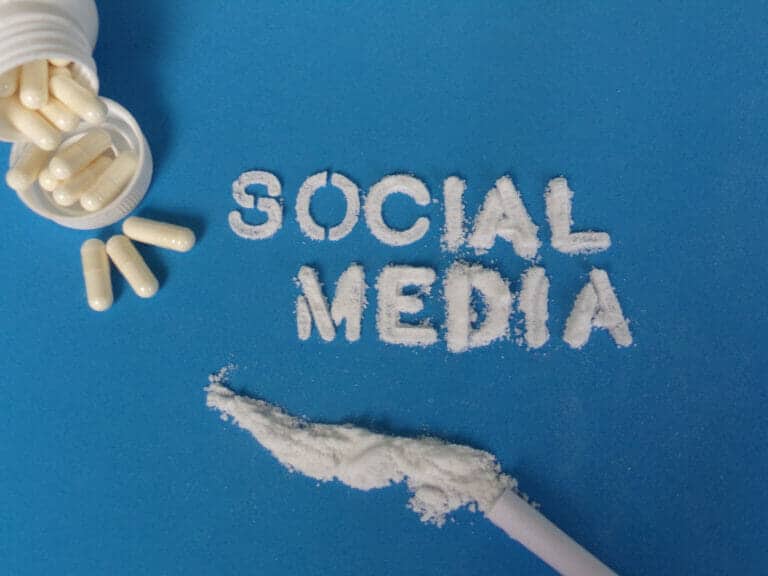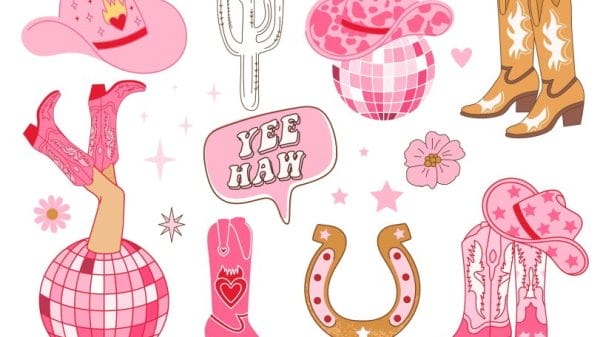Has Generation Z been inclined towards Addictions because of Social Media Apps? What Is Dopamine’s role?
Drugs are now easily accessible through a click of a button, “plugs” posting their supply on Snapchat or Instagram and sex is accessible through a swipe accompanied by a brief conversation. Excessive photos of food being shared and advertised, resulting in a few taps on a screen to order fast food from Uber eats or Doordash. Promotions of excessive exercise for the “ideal” body. This provokes a rush, an orgasmic release within the brain. Not only the object itself but the attainable qualities that have been associated with a lifestyle characteristic. The key is linked to dopamine.
“Dopamine is a chemical released in the brain that makes you feel good. Having the right amount of dopamine is important both for your body and your brain.”
Effects of Dopamine: How Dopamine Drives Human Behavior (intoactionrecovery.com)
Dopamine is essential, a quality attributed to survival. The chemical provides satisfaction. Drugs, sex, food, exercise, and simply scrolling through social media release dopamine, instigating a high.
“Having too much dopamine — or too much dopamine concentrated in some parts of the brain and not enough in other parts — is linked to being more competitive, aggressive and having poor impulse control.”
Dopamine | healthdirect
One concludes that a constant pleasure coping mechanism could influence decision-making skills, leading to increased tendencies for satisfaction among Generation Z. One of Houston, Texas’ prevalent addiction centers, Into Action Recovery Center, describes dopamine as a chemical related to reinforcement. We as people are driven by positive experiences while avoiding negative ones.
What does Generation Z have to say?
Sam, age 22 gives her perspective, “I think young people have always been seeking out pleasure in unhealthy ways. Social media might just be making it easier for us to be overindulgent. Too much of anything is a bad thing and soon actions lose their meaning. With more convenient, quick ways to hook up, sex loses meaning. Being in constant contact with people causes communication to lose meaning. This could be making Gen Z a more hedonistic one because pleasure feels so fleeting and inauthentic”.
Key, age 19 shares that social media has influenced her views on various activities:
“My views have also changed due to growing up, but I believe there are “in” or “out” and due to social pressures, I may think something looks cool at the time. Social media is honestly the reason I have redownloaded dating apps so many times as well because of videos of success stories or just to be able to have stories myself”.
Does Gen Z feel that Social Media is encouraging growing addictions?
The existing tendency to be easily influenced by the structure of social media are quite relevant to Mitch, age 22. “I feel like I’m losing control of the primitive part of my mind, and that my system is being taken advantage of by app developers”.
Mitch elaborates on his behaviors induced by social media, “I can’t stop some days. Today, for example, I tell myself no more, and then I end up right back on Snapchat or whatever the app of choice is at the time. It’s frustrating because I know technology has way better uses. I get an adrenaline rush from posting and messaging people constantly. A lot of the time it’s either argument or drama or it’s just me ranting about something, but I really don’t feel like myself when I do it. I feel like I’m giving into another addiction honestly. It also leads to me doing more drugs and alcohol when I see others posting pictures of them drinking and smoking. It’s a vicious cycle”.
How does Gen Z feel without access to Social Media?
Sam further describes this reliant need for Social Media:
“I feel like I have a physical reaction to being without my social media apps. Of course, most of us feel an absence when we have our phone with us – nothing to hold, nothing to turn to in more uncomfortable or empty moments. But taking it a step further, even not having social media, I feel that unease too. I’ve tried many times to delete Instagram and Twitter to distance myself from them and I find myself just staring at my home screen”.
The available reward-induced activities, such as drugs, sex, food, and exercise are present within our phones but this evidently provides means that phones are treated as a drug as well.
The relationship between social media, dopamine, and Generation Z is leading to extremely addictive behavior. This is possibly a Generation persuaded towards pleasure as a means for a resolution. The convenience of modern life may in fact come with a cost and one that is not helping our young generations but rather harming them.














